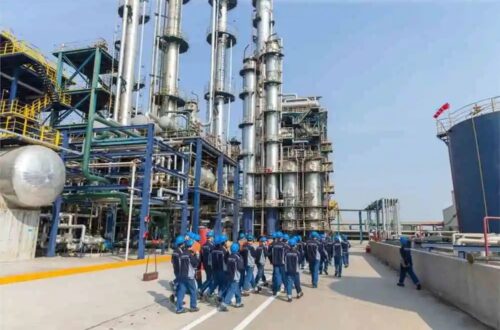The Ultimate Guide to Fiberglass Rebar: Benefits, Applications, and Installation Tips
The Ultimate Guide to Fiberglass Rebar: Benefits, Applications, and Installation Tips
Fiberglass rebar is revolutionizing the construction industry with its superior strength, corrosion resistance, and lightweight properties. This comprehensive guide explores its key benefits, diverse applications, and expert installation tips to help you make informed decisions for your projects.
Key Benefits of Fiberglass Rebar
Unlike traditional steel rebar, fiberglass rebar offers exceptional durability without the risk of rust. It is non-conductive, making it ideal for projects near electrical sources. Additionally, its high strength-to-weight ratio simplifies handling and reduces transportation costs.
Common Applications
Fiberglass rebar is widely used in concrete reinforcement for bridges, marine structures, roads, and buildings. Its resistance to chemicals and moisture makes it perfect for harsh environments, ensuring long-lasting structural integrity.
Installation Best Practices
Proper installation is crucial for maximizing performance. Always use compatible ties and supports, avoid sharp bends, and ensure adequate concrete cover. For detailed specifications, consider premium fiberglass rebar products designed for reliability.
FAQ Section
Is fiberglass rebar stronger than steel? Yes, it has a higher tensile strength and does not corrode, extending the lifespan of structures.
Can it be used in all climates? Absolutely—it performs well in extreme temperatures and wet conditions.
Ready to enhance your project with cutting-edge materials? Explore our recommended solutions and get a quote today to experience the future of construction reinforcement!


